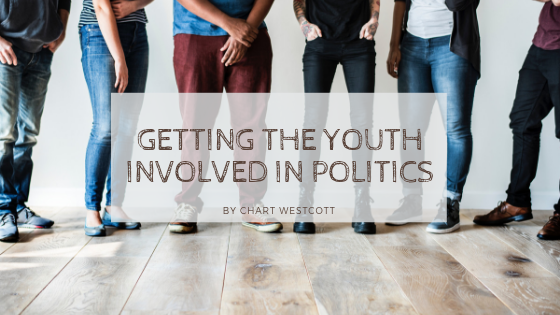It is often said that today’s youth are tomorrow’s leaders, which is why it is essential for the youngest generation to become educated and rehearsed in the practice of politics. While 18 is the legal age at which someone can vote, that does not mean that children have to wait until then to become interested and enlightened in today’s political affairs. The importance of getting the youth involved in politics is tenfold to how it can be approached.
Before casting a vote, it is vital to educate oneself on each candidate, and know their stance on important issues that we are facing today. While the youth cannot fully participate in the voting aspect of an election, that does not go to say that they cannot advocate for their desired candidate. Not only does this provide them with knowledge for a healthy debate, but they can also influence others their age to participate in political reform as well. Students and children can also volunteer their time to help with campaigning if they are passionate about a candidate. All of this begins with education on common issues and political candidate’s stances towards these.
Although the youth may not be of age to vote in the next presidential election, showing a curiosity and interest in politics may have an influence on those who are over 18. According to the U.S. Elections Project, about 43% of registered voters did not vote in the previous presidential election. Even more, about 20% of people who are eligible to register were not. More and more eligible U.S. citizens are foregoing their 15th amendment right to exercise democracy. Getting the youth interested in politics at a young age will increase the likelihood that they exercise their right when the time presents itself. Seeing such a spike in young political engagement may also spark the attentiveness of those who are eligible.
Getting children and adolescents involved in politics could have a favorable effect on their school performance as well. Students who are interested in politics are more likely to participate in school political functions like running for student council positions. Not only does this provide social benefits to the child, like public speaking and extroverted skills acquired, but it looks great on a college application. Extra curricular activities, especially those of academic intent, set students apart when applying to college. It shows that they have initiative to help out in their schools by advocating for the best interest of their peers.
The list of benefits of introducing the youth to politics is endless, and it is the responsibility of an older generation to pique the interest at a young age. This will prime the younger generation for success when it comes their time to choose the next representatives of the United States.
